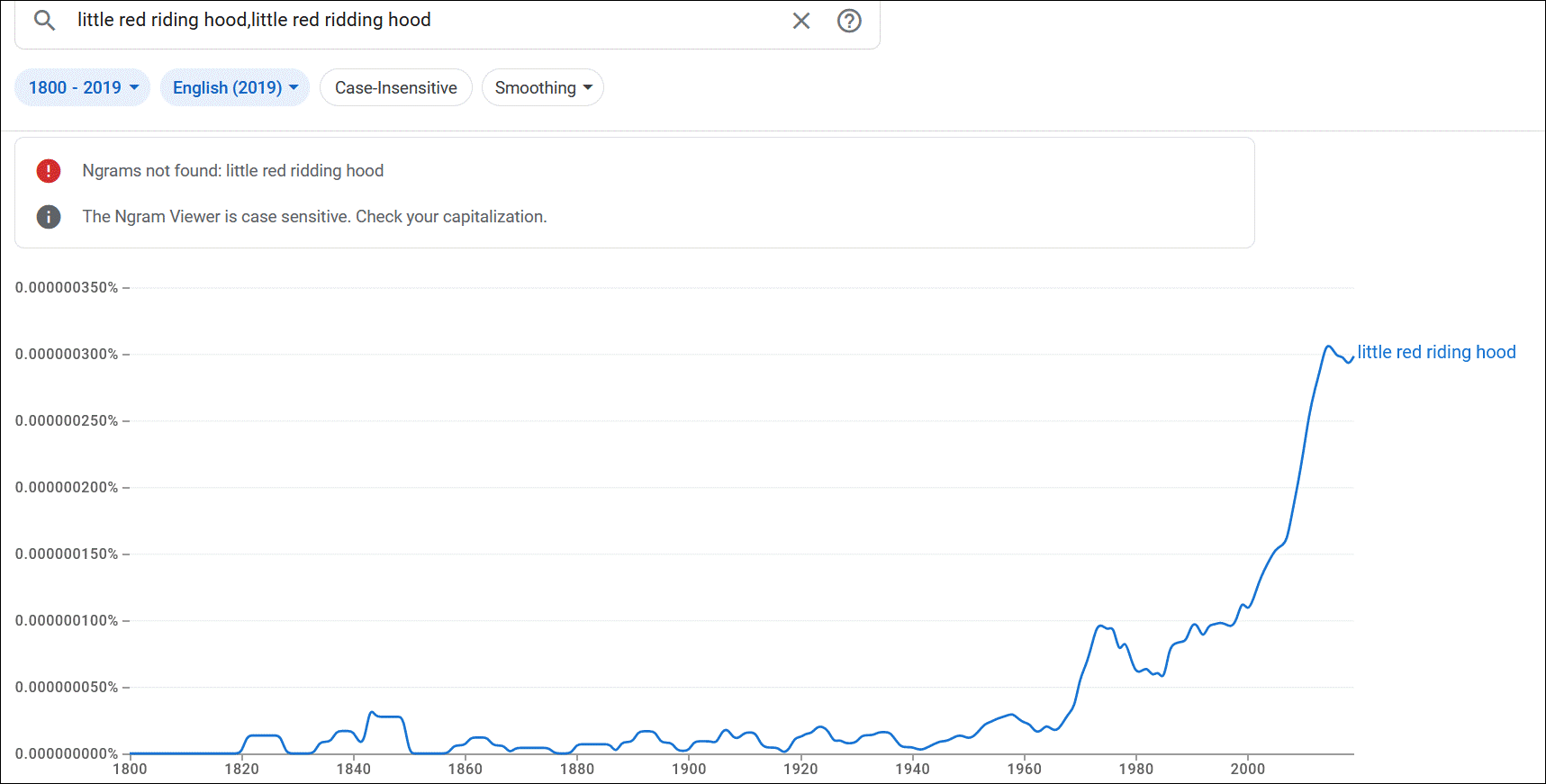The basic rule for compound nouns is that the first element takes stress and the second doesn't (and it doesn't matter whether the compound noun is written as one word or two). Consider:
- 'stepping stone
- 'handbag
- 'aeroplane
- 'body builder
- 'writing paper
- com'puter screen
- 'walking stick
Notice that the first word in the compound noun is itself usually a noun, but may be an adjective or occasionally a verb. It makes no difference.
The compound noun "riding hood" like the compound noun "smoking jacket" or the compound "swimming costume" is regular and only takes stress on the first element.
Here, the words "little" and "red" are both attributive adjectives functioning as adjuncts within the larger noun phrase. And, for this reason, both of these words are stressed. In a run of three stressed words, the middle one is always less prominent, and so the word "red" will not be as prominent as the words "little" or "riding".
The Original Poster compares the noun phrase "'Little 'Red 'Riding Hood", which involves a compound noun, with the following noun phrases, which don't:
- 'running 'water
- 'falling 'star
- 'talking 'heads
The noun phrases above all involve a noun modified by an attributive present participle verb functioning as an adjunct. Notice that adjectives are always stative in meaning whereas verbs are often dynamic. In the noun phrases above the water runs, the star is falling the heads talk. Because verbs are content words and usually stressed and the same goes for nouns, the noun phrases above have stress on both elements.
Notice, then, that we have a clear contrast here with the Original Poster's "Little Red Riding Hood". In that noun phrase, the hood is not riding! And because "riding hood" is a compound noun it only has a single lexical stress, which is exactly what we should expect.
Ain't English fun!
That's all, folks!

